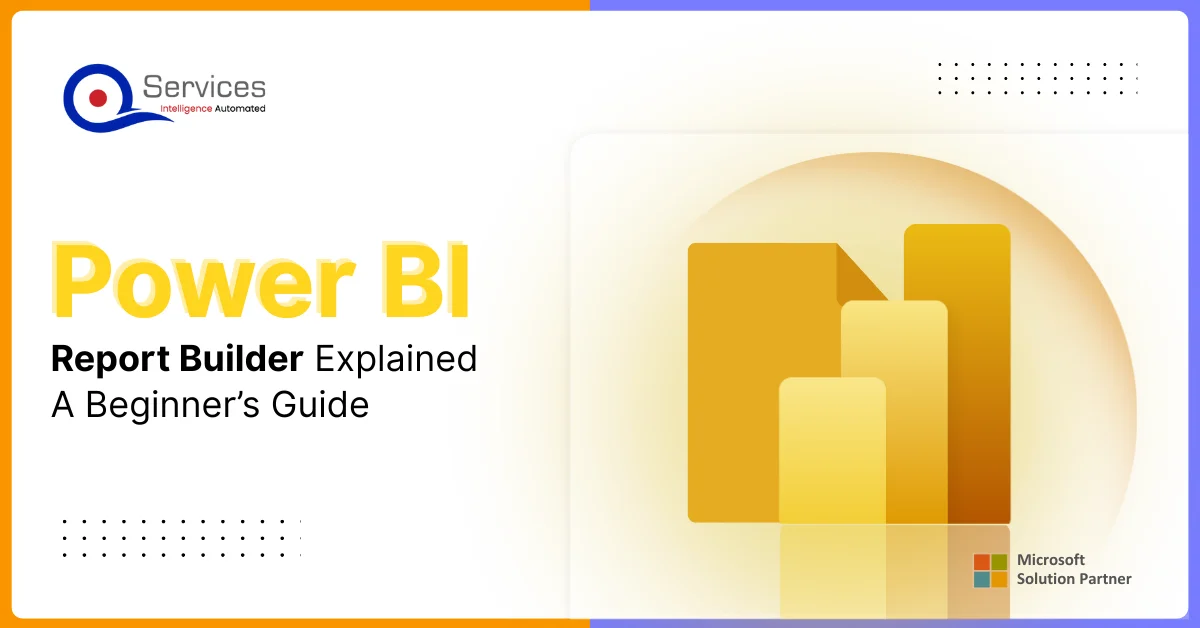
Home » 6 Things Fintech Industries Must Avoid While Migrating API to Azure System

Today, fintech industries across the spectrum are increasingly embracing the cloud as a significant part of their operational infrastructure. Yet, simply migrating to the cloud is not a guaranteed pathway to unlocking its full potential. Merely shifting operations to cloud environments without strategic planning and leveraging the rich array of features offered by cloud systems often results in missed opportunities. However, by recognizing and avoiding common pitfalls, fintech industries stand poised to harness the transformative power of the cloud.
In this article, we will talk about the common pitfalls the fintech industry must avoid while migrating its APIs to the Azure System.
Fintech API migration to Azure System refers to the process of moving the infrastructure and services supporting finance technology (fintech) application programming interfaces (APIs) from their current hosting environment to Microsoft Azure’s cloud computing platform. This migration involves transferring the backend systems, data storage, and related components to Azure’s infrastructure.
By migrating to Azure, fintech companies can benefit from its scalable, reliable, and feature-rich cloud platform, which offers various services and tools to enhance the performance, security, and flexibility of their APIs.
Azure migration services encompass the seamless transition of fintech APIs to Microsoft Azure’s cloud environment, enabling businesses to leverage its scalable infrastructure and robust features to enhance API performance, security, and flexibility.
As digital transformation is revolutionizing the fintech industry, they need to focus on staying stable. Making the move to a new system smoothly is a big part of this. Here’s why
Minimize Disruption: A smooth migration ensures minimal disruption to ongoing operations, allowing fintech companies to maintain continuity in service delivery to their customers.
Preserve Customer Trust: Fintech companies rely heavily on customer trust. A smooth migration helps preserve this trust by avoiding service interruptions, data loss, or security breaches that could damage the company’s reputation.
Ensure Regulatory Compliance: Fintech industries are subject to strict regulatory requirements. A smooth migration process ensures that regulatory compliance is maintained throughout the transition, preventing potential legal issues or fines.
Optimize Performance: Smooth migration allows fintech companies to optimize their systems and infrastructure, improving performance, scalability, and efficiency in the long run.
Maximize ROI: A smooth migration minimizes downtime and allows fintech companies to quickly start benefiting from the features and capabilities of the new system, maximizing return on investment (ROI).
Get free Consultation and let us know your project idea to turn into an amazing digital product.
Moving sensitive financial data during migration can lead to leaks or breaches if not protected properly. Encrypting data, controlling access, and following industry rules are crucial.
Any breaks or downtime during migration can halt fintech services, upsetting customers and costing money. Planning well, testing thoroughly, and having backup plans are vital to keeping services running smoothly.
Existing fintech apps may not work well with Azure services, causing problems. Checking compatibility and making necessary adjustments can solve these issues.
Fintech companies must adhere to strict rules, or they risk legal trouble and damage to their reputation. Following regulations, especially those protecting financial data, is essential during migration.
Poorly set-up systems or tools in Azure can slow down fintech services. Monitoring performance, improving efficiency, and planning for growth are crucial to maintaining smooth operations.
Mistakes during data migration can compromise data integrity, making fintech services less reliable. Double-checking data, having backups, and quickly fixing errors are essential to preventing problems, especially when utilizing database migration services .
Misusing Azure resources can lead to unexpected costs, which can be problematic for fintech companies. Efficient resource management, cost monitoring, and using cost-saving tools can help control expenses during migration.
Migrating APIs to Azure brings numerous benefits to fintech organizations. Azure offers powerful infrastructure, advanced tools for data analysis, and robust security features. By moving to Azure, fintech firms can enhance their applications, improve fraud detection, and ensure compliance with regulations. Overall, migrating to Azure enables fintech companies to innovate, deliver better services, and safeguard customer data more effectively. Leveraging Azure database migration services further streamlines the process, allowing fintech firms to seamlessly transition their data infrastructure to Azure’s platform while ensuring data integrity and security
When migrating APIs to the Azure system, Fintech industries should be mindful of the following points:
Testing for compatibility is essential to ensure a smooth transition to Azure. Failure to test adequately can result in integration issues and service disruptions post-migration, potentially impacting customer experience and business operations. Thoroughly test your APIs on Azure to verify compatibility with existing systems, third-party integrations, and client applications. By identifying and addressing compatibility issues early on, you can minimize risks and ensure seamless functionality across your IT ecosystem.
Ensuring a smooth transition to Azure for fintech companies hinges on crafting a meticulous data migration strategy. Inaccurate or incomplete migration of data poses significant risks, including data corruption, loss, or inconsistency, which could disrupt critical business operations and undermine customer trust. It’s crucial to prioritize the integrity and security of data by meticulously cleansing, validating, and migrating it in a structured and controlled manner. Additionally, implementing robust backup mechanisms and contingency plans is essential to mitigate the potential impact of data loss or corruption during the migration process. By carefully planning and executing the data migration strategy, fintech companies can minimize risks and ensure a successful transition to Azure, safeguarding the integrity of their operations.
In the fintech industry, speed and cost-effectiveness are key factors that directly impact the business. When migrating APIs to the Azure system, one common mistake is not optimizing for these factors. If the systems become slow and expensive to run after the move, it could significantly hurt the business. Therefore, it’s crucial to ensure that the APIs are not only functionally correct but also performant and cost-effective on Azure. This involves thorough testing and tuning to make sure they’re quick and do not incur unnecessary costs. By doing so, fintech industries can provide a better user experience, meet their business goals, and maximize the benefits of the Azure system.
In fintech industries, any disruption or inconsistency in the migration process can lead to potential disruptions in financial services, which can have serious business implications.
During the migration process, the state of the Azure portal is crucial for tracking its progress. If this state is not maintained, especially post-browser refresh, it can lead to inconsistencies and errors. To rectify this issue, it’s essential to rerun, validate, and prepare operations, thereby restoring the migration to its original state. This ensures seamless tracking of migration progress and minimizes potential disruptions to financial services during the transition.
Overlooking the optimization of API performance during migration to Azure can lead to significant challenges for fintech industries. Failure to address factors such as scalability and resource utilization may result in slowdowns and operational inefficiencies, impacting critical business operations and user experience. It’s essential to thoroughly analyze the performance requirements of APIs and leverage Azure’s capabilities to enhance scalability and streamline resource allocation. By prioritizing performance optimization, fintech companies can mitigate risks associated with sluggish response times and ensure seamless operation on the Azure platform, ultimately maximizing the benefits of the migration.
One critical mistake that fintech industries must avoid during API migration to the Azure system is overlooking security measures. Failure to prioritize security considerations can leave sensitive financial data vulnerable to breaches, putting both the company and its customers at risk. It’s essential to ensure robust data encryption practices are in place to protect information during transit and storage. Additionally, implementing stringent access controls and adhering to regulatory standards are imperative to maintain compliance and safeguard against unauthorized access. By neglecting security measures, fintech companies risk compromising the integrity and confidentiality of their data, which can have severe repercussions on their reputation and regulatory standing.

Migrating your infrastructure from on-premises to the Azure cloud is a strategic move with immense potential. It offers businesses the chance to boost agility, scale operations, foster innovation, and cut down on operational costs. By carefully evaluating your requirements, planning meticulously, and addressing challenges proactively, you can seamlessly transition to Azure. This shift unlocks the true power of cloud computing, driving digital transformation and aligning with your business objectives. With Azure’s extensive suite of services, global footprint, and robust security measures, you gain the tools to accelerate innovation, streamline operations, and maintain competitiveness in today’s dynamic market.
For those seeking Azure implementation, QServices is your partner of choice. Our experienced professionals provide tailored solutions, ensuring a smooth and successful transition.
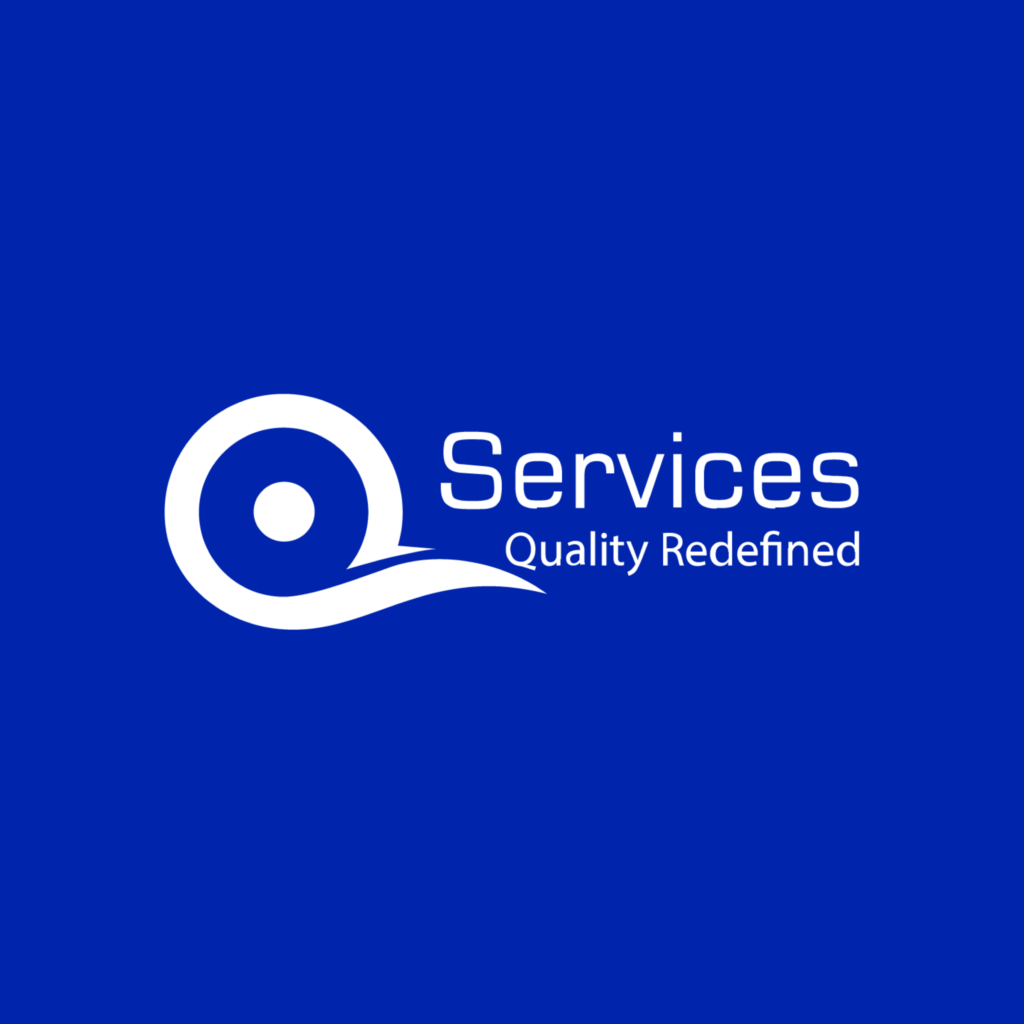
Our Articles are a precise collection of research and work done throughout our projects as well as our expert Foresight for the upcoming Changes in the IT Industry. We are a premier software and mobile application development firm, catering specifically to small and medium-sized businesses (SMBs). As a Microsoft Certified company, we offer a suite of services encompassing Software and Mobile Application Development, Microsoft Azure, Dynamics 365 CRM, and Microsoft PowerAutomate. Our team, comprising 90 skilled professionals, is dedicated to driving digital and app innovation, ensuring our clients receive top-tier, tailor-made solutions that align with their unique business needs.
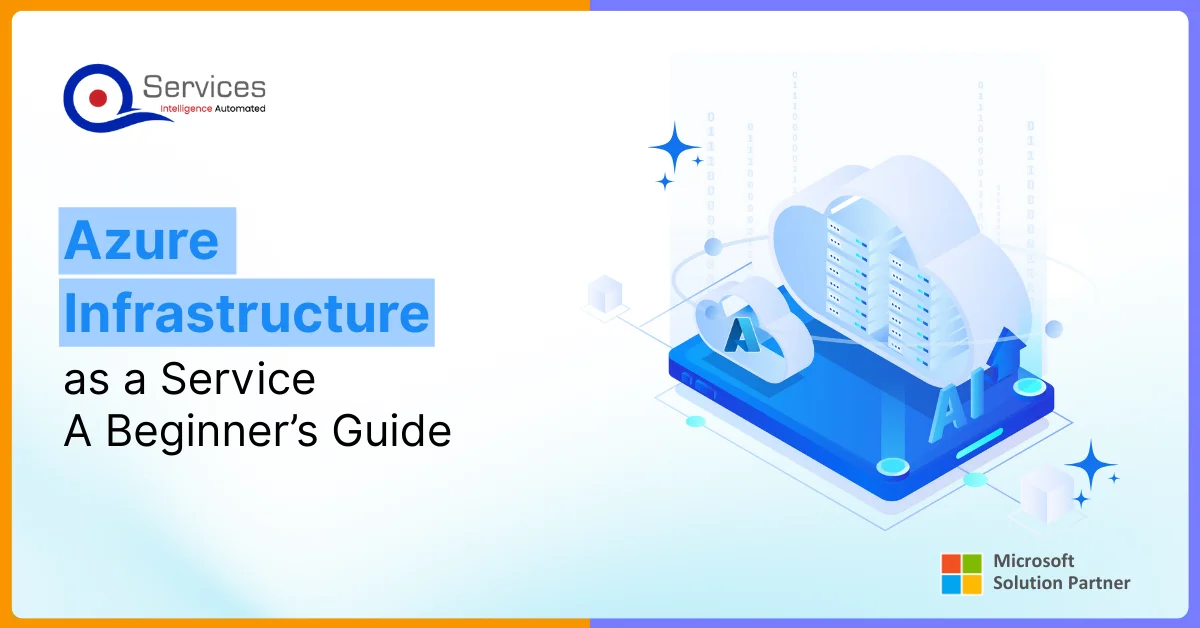
A common industry saying goes, “The cloud does not remove complexity, it moves it.” With Azure IaaS, teams gain the ability to deploy Azure virtual machines, configure networks, and manage storage in a way that closely mirrors on-premise environments. This makes Microsoft Azure IaaS especially attractive for legacy applications, regulated workloads, and hybrid cloud strategies.
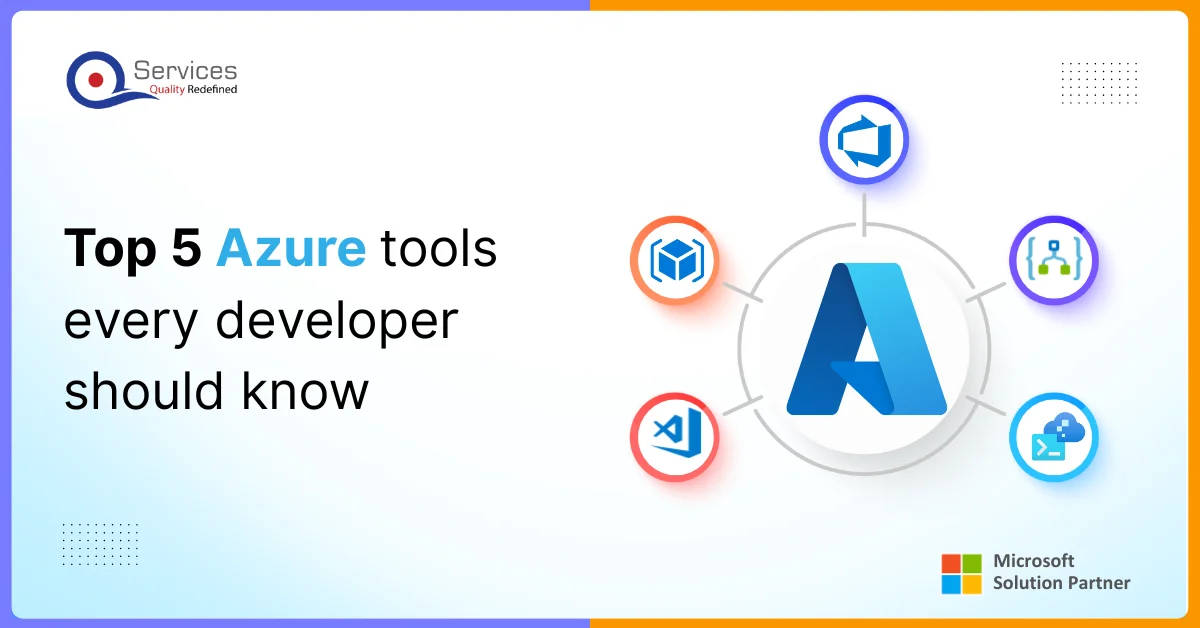
In 2026, it’s vital for every developer to be skilled in using the right set of Azure developer tools for cloud projects. Microsoft’s Azure cloud platform is at the center of this shift, providing a wide range of solutions for building and managing apps. With cloud development with Azure, teams can launch reliable apps that scale globally and respond to business needs in real time. Picking the right items from the Azure tools list can save time, money, and help you get better results.
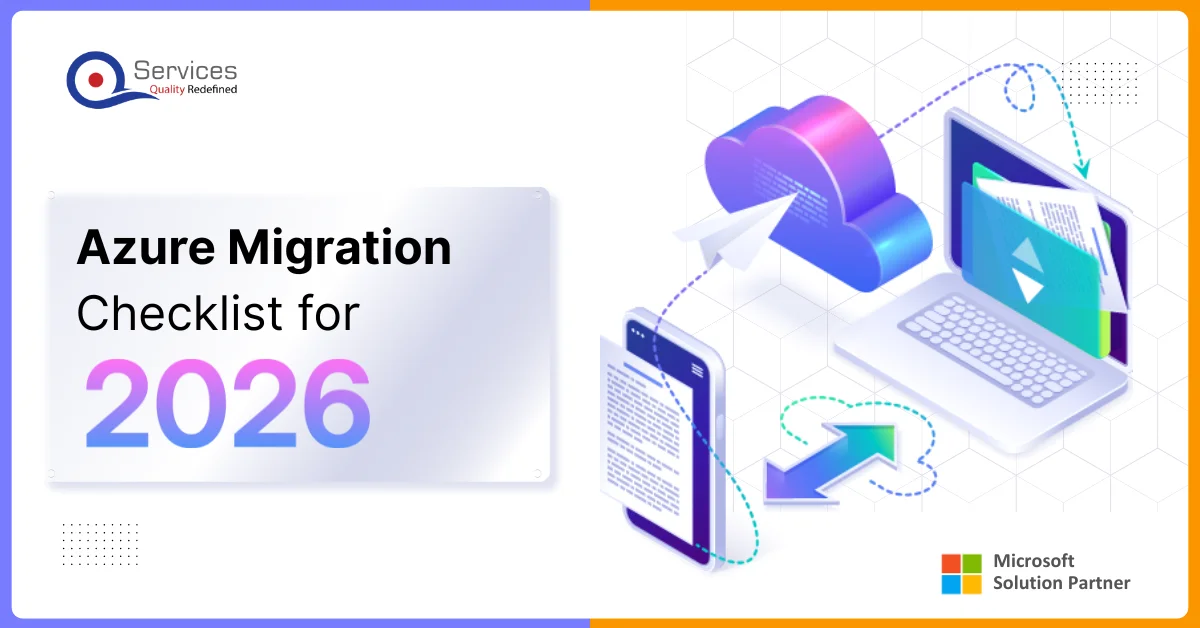
In 2026, moving workloads to Azure cloud migration is not just about transferring data. It’s about making the whole process smarter, more automatic, and easier to manage while keeping compliance and security tight.
Data centralization ensures that organizations have a single source of truth for their data. It improves efficiency, reduces redundancy, enhances reporting, and enables better decision-making.
Azure provides scalable storage solutions like Azure Data Lake Storage, seamless data migration with Azure Data Factory, and powerful analytics capabilities. It ensures data reliability, security, and accessibility.
In Microsoft Azure, Azure Databricks offers a unified analytics platform that simplifies data processing, transformation, and analysis.
Azure Storage regularly verifies data integrity using cyclic redundancy checks (CRCs). If data corruption is detected, it’s repaired using redundant data. Additionally, checksums are calculated on network traffic to detect data packet corruption during storage operations
Azure provides redundancy options such as Locally Redundant Storage (LRS), Zone-Redundant Storage (ZRS), and Geo-Redundant Storage (GRS). These ensure data availability and protect against failures.
Implement Azure Active Directory, use role-based access control (RBAC), encrypt data at rest and in transit, and regularly audit access to maintain security.
One can use Azure Monitor for monitoring, Azure Log Analytics for insights, and Azure Policy for governance. Regularly review logs and performance metrics.

Founder and CEO

Chief Sales Officer
